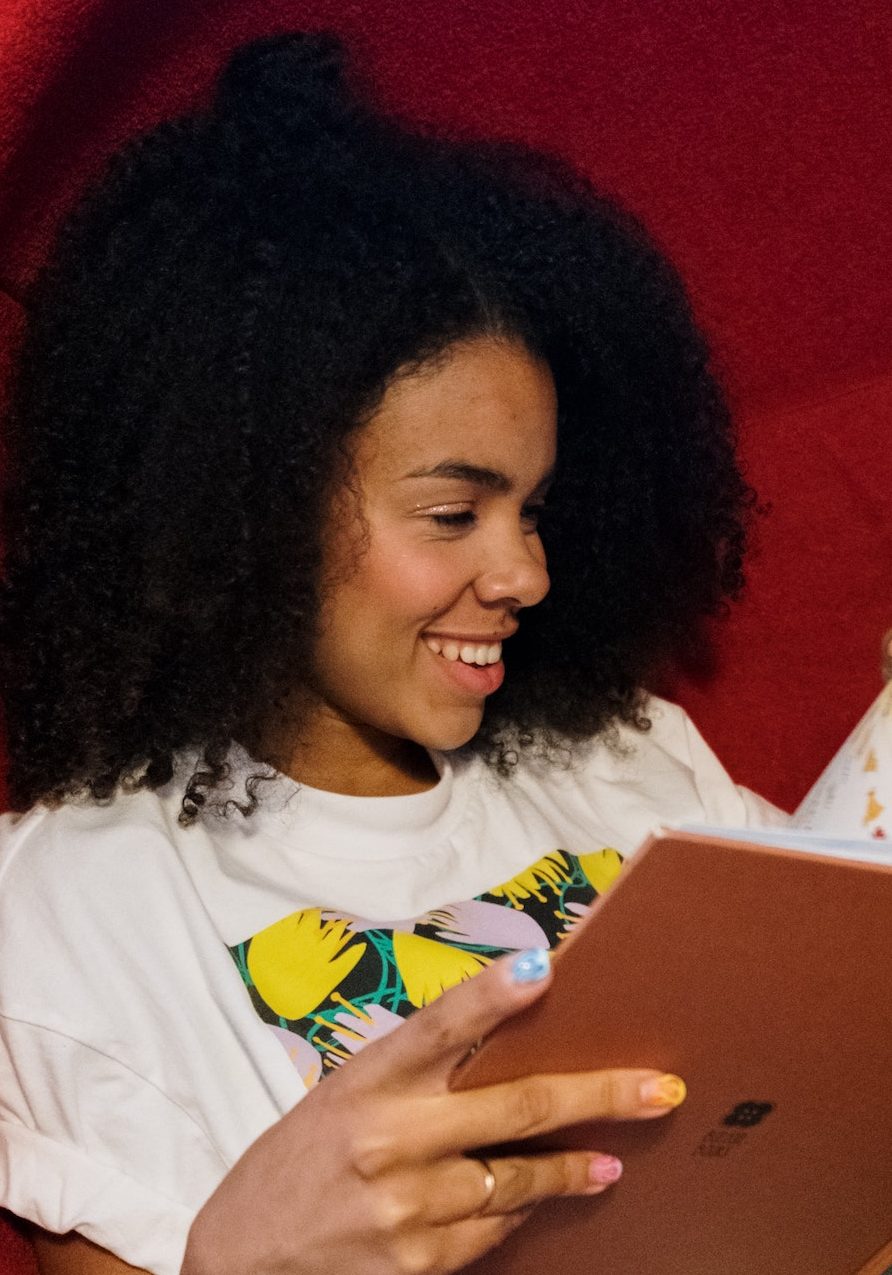 More college students are seeking mental health counseling, stressing institutions’ already-strapped services.
More college students are seeking mental health counseling, stressing institutions’ already-strapped services.
Visits to campus counseling centers climbed 30% to 40% between the fall of 2009 and the spring of 2015, according to the Center for Collegiate Mental Health. Enrollment, meanwhile, grew just 5% during that time.
That has helped push the ratio of counselors to students to around 740:1 at the smallest schools and 2,000:1 at larger colleges, according to a survey of more than 570 institutions by the Association for University and College Counseling Center Directors (AUCCCD).
And it has contributed to a bottleneck in access to critical mental health care that has campus health officials scrambling for ways to keep waitlists in check. For help, some are turning to telehealth services, which provide care through digital mediums such as text messages, phone calls and video chats.
Along with giving counseling centers another avenue for assisting students, such services let them offer care as it is needed and from wherever students happen to be.
As U of South Carolina officials looked for a more efficient way to help students, particularly those with less-serious issues, they found TAO Connect, an online therapy service. Institutions pay an enrollment-based fee to partner with TAO, which can be used to supplement in-person work with a therapist. It also offers self-paced online learning modules that teach coping skills.
Key considerations
However, working with an outside partner requires college officials to think carefully about how to screen students and which conditions are better handled with in-person care.
Ayesha Chaudhary, staff psychiatrist at Duke University’s Counseling and Psychological Services center, said staff members at the institution should first evaluate students to determine whether their care should be through an online platform or a campus-based service. (Duke does not use telehealth services.)
U of South Carolina oversees the TAO service on its campus, which means officials decide which students use it and can alter that care if necessary.
“Video is not appropriate for every person,” Howard said, especially for students with chronic stress or severe mental health concerns. After assessing a student’s needs, the university may offer them the online option. Students whose problems become more severe can be switched to in-person meetings, while students who are improving can move to online chats, she said.
Chaudhary advises institutions considering such a partnership to know what clinical records are kept and how they can be transferred to college medical staff if needed. If a student is going through a crisis, she added, it would be important for on-site counselors to be able to access notes from telehealth visits.
They also should inquire about the companies’ privacy policies, Benton said, specifically how they comply with the federal laws restricting the release of medical and educational information and how they protect client information online.
“I never want to eliminate face-to-face therapy,” but the earlier a mental health issue is addressed, the easier it is to treat, she said.
Excerpted from “Why Colleges Are Looking Online for Mental Health Care” in Education DIVE. Read the full article.
Source: Education DIVE | Why Colleges Are Looking Online for Mental Health Care, https://www.educationdive.com/news/why-colleges-are-looking-online-for-mental-health-care/568294 | © 2019 Industry Dive
A screening can help you determine if you or someone you care about should contact a mental health professional. Care Coordinators can arrange a free 30 minute Care Consultation so you can explore options with an expert. Call or email our Care Coordinators at 650.688.3625 or careteam@stage.chconline.org to set up an initial Consultation appointment.





